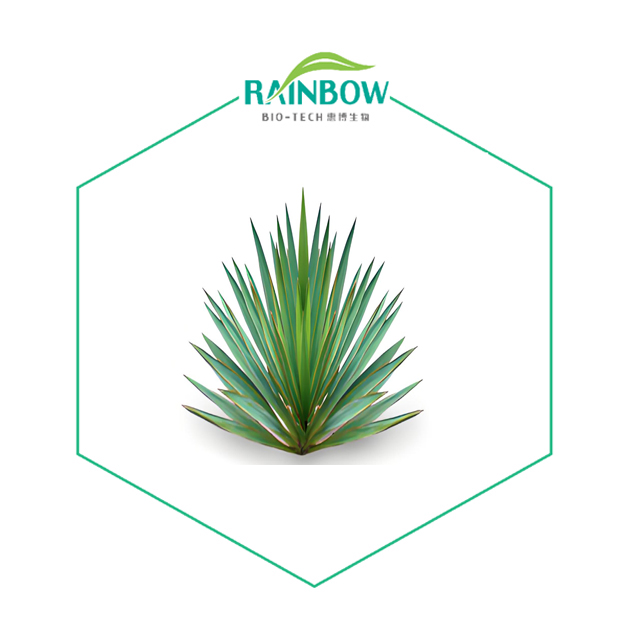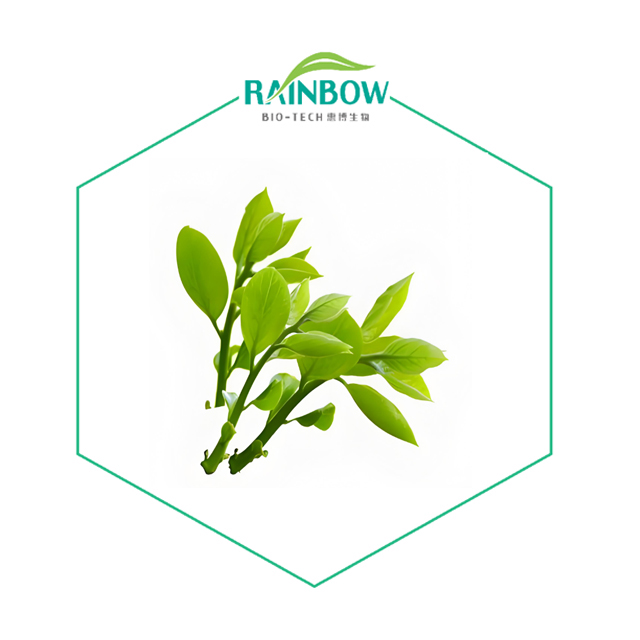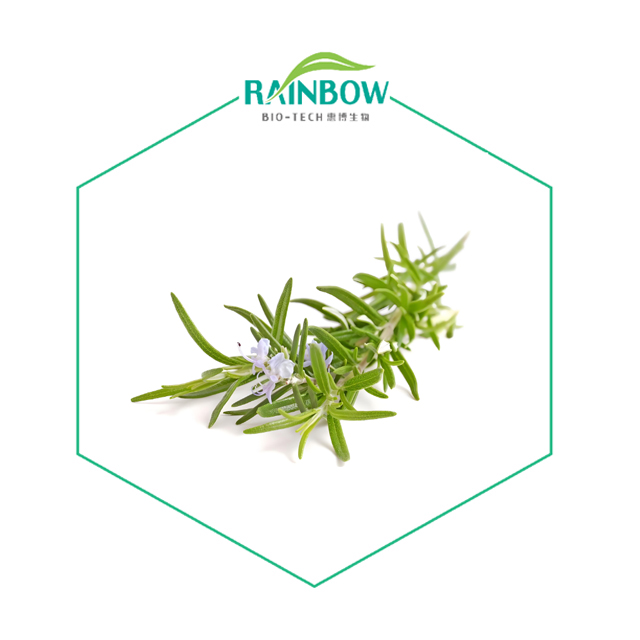
Products
Why is turmeric powder added to pet food?
Providing Nutrition
Antioxidant Substances: Turmeric powder is rich in antioxidant substances such as curcumin, which can help pets eliminate free radicals in the body, reduce oxidative damage, and contribute to keeping pets in a healthy physical state and delaying the aging process.
Vitamins and Minerals: Turmeric powder also contains some vitamins and minerals, such as vitamin C and potassium, which can provide additional nutritional support for pets and help maintain the normal physiological functions of pets' bodies.
Promoting Health
Why is turmeric powder added to pet food?
There are mainly the following reasons for adding turmeric powder to pet food:
Providing Nutrition
Antioxidant Substances: Turmeric powder is rich in antioxidant substances such as curcumin, which can help pets eliminate free radicals in the body, reduce oxidative damage, and contribute to keeping pets in a healthy physical state and delaying the aging process.
Vitamins and Minerals: Turmeric powder also contains some vitamins and minerals, such as vitamin C and potassium, which can provide additional nutritional support for pets and help maintain the normal physiological functions of pets' bodies.
Promoting Health
Anti-inflammatory Properties: Curcumin has powerful anti-inflammatory ability and can help reduce chronic inflammation in pets' bodies. It is beneficial for pets suffering from inflammatory diseases such as osteoarthritis, relieving pain and improving joint function.
Improving Digestion: Turmeric powder can stimulate the secretion of gastric juice in pets, enhance gastrointestinal peristalsis, help pets digest food better, and improve the efficiency of nutrient absorption. For some pets with weak gastrointestinal functions or prone to indigestion, it can play a role in regulating the stomach and intestines.
Enhancing Immunity: The active ingredients in turmeric powder can stimulate the immune system of pets, enhance the activity of immune cells, help pets better resist diseases, and reduce the risk of infection. This enables pets to be more resistant to bacteria and viruses.
Protecting the Liver: Curcumin has a certain protective effect on the liver of pets. It can promote the regeneration of liver cells, enhance the detoxification function of the liver, help pets excrete toxins in the body, and maintain the healthy state of the liver.
Other Functions
Improving Taste: Turmeric powder has a unique flavor and can add a special taste to pet food, improving the palatability of pet food and making pets more willing to eat. For some picky pets, it may increase their acceptance of the food.
Natural Pigment: Turmeric powder is a natural yellow pigment, which can make pet food present a more attractive color, and to a certain extent, increase the visual appeal of pet food, stimulating the appetite of pets visually.
Is turmeric powder safe for all pets?
Generally, turmeric powder is safe for most pets, but it is not absolutely safe for all pets. The following is a specific analysis:
Usually Safe Situations
Dogs: Most healthy dogs can consume an appropriate amount of turmeric powder. An appropriate amount of turmeric powder is helpful for the joint health of dogs, can assist in relieving the pain and inflammation caused by arthritis, and can also enhance their immunity. It also has a certain regulatory effect on the stomach and intestines and helps with digestion.
Cats: For cats, a small amount of turmeric powder is usually also safe. It can provide some antioxidant protection for cats and, to a certain extent, help cats maintain the normal functions of their bodies. Moreover, the anti-inflammatory properties of turmeric powder may have a certain relieving effect on some chronic inflammations that cats may have.
Situations with Risks
Allergic Constitution: Some pets may be allergic to turmeric powder. Just like people can be allergic to certain substances, pets also have allergic constitutions. Once allergic, they may experience symptoms such as skin itching, redness, rashes, as well as vomiting, diarrhea, and rapid breathing. If you find that your pet shows these symptoms after eating food containing turmeric powder, you should stop feeding it immediately and take the pet to see a veterinarian in a timely manner.
Special Disease Conditions
Gallstones or Biliary Tract Diseases: Turmeric powder will stimulate the secretion of bile. For pets suffering from gallstones or other biliary tract diseases, it may aggravate the condition and cause pain and discomfort.
Gastric Ulcers or Duodenal Ulcers: Turmeric powder may stimulate the secretion of gastric acid. For pets with gastric ulcers or duodenal ulcers, eating it may cause more irritation to the ulcer surface, aggravate inflammation and pain, and affect the healing of the ulcers.
Taking Specific Medications: Turmeric powder may interact with certain medications, affecting the efficacy of the medications or increasing the side effects of the medications. For example, turmeric may enhance the effect of anticoagulant medications, increasing the risk of bleeding. Therefore, if your pet is taking medications, be sure to consult a veterinarian before adding turmeric powder to its diet.
Therefore, when feeding pets food containing turmeric powder, it is necessary to closely observe the pets' reactions, especially when feeding it for the first time. You should try a small amount first, and confirm that there are no adverse reactions before feeding it normally. For pets with special health conditions, be sure to consult a veterinarian's opinion first to ensure safety.
What is the recommended addition amount of turmeric powder in pet food?
According to the evaluation of the European Food Safety Authority and the relevant EU feed committees, the recommended addition amounts of turmeric powder in pet food are as follows:
Dogs: Calculated based on curcuminoids, the maximum safe addition amount in dog food is 132mg/kg.
Cats: Calculated based on curcuminoids, the maximum safe addition amount in cat food is 22mg/kg.
Which is better, turmeric powder or turmeric extract?
Both turmeric powder and turmeric extract have their own characteristics when applied in pet food, and it's difficult to simply determine which one is better. It needs to be decided according to different needs and considerations. The following is a comparative analysis of them:
Content of Active Ingredients: Turmeric powder is a powdery substance obtained by drying and grinding the rhizomes of turmeric. It is the original form of turmeric and contains a variety of components in turmeric. Among them, the content of curcumin, which plays the main role, is relatively low, usually around 2% - 6%. Turmeric extract, on the other hand, is extracted from turmeric through specific extraction processes. Its curcumin content is relatively high, generally reaching 95% or even higher. In terms of the content of active ingredients, the curcumin in turmeric extract has a higher purity, and it may be more efficient in exerting effects such as anti-inflammation and anti-oxidation. If you want to provide pets with a high dose of curcumin to achieve specific health effects, such as relieving severe joint inflammation, turmeric extract would be more suitable.
Safety: As a natural plant powder, turmeric powder contains not only curcumin but also many other components. These components may interact with each other, which reduces the risk of excessive intake of a single component to a certain extent, and it is relatively mild. For some pets with sensitive stomachs or low tolerance to new food ingredients, turmeric powder may be a safer choice. Because its ingredients are relatively complex, during the process of digestion and absorption by pets, it may be closer to the adaptation pattern of pets to natural foods. However, due to the high content of curcumin in turmeric extract, there may be a risk of excessive intake if it is not used properly. Excessive curcumin may irritate the gastrointestinal tract of pets, causing discomfort symptoms such as vomiting and diarrhea. Therefore, when using turmeric extract, the dosage needs to be controlled more strictly.
Cost: The preparation process of turmeric powder is relatively simple. It only involves drying and grinding the turmeric rhizomes, so the cost is relatively low. This makes it possible to control the cost to a certain extent when producing pet food on a large scale, especially when the requirement for the content of curcumin is not particularly high. At the same time, it can also provide certain nutritional and health benefits for pets. The preparation of turmeric extract requires a complex extraction and purification process, including multiple steps such as solvent extraction, separation, and concentration, which makes its cost relatively high. Therefore, considering the cost factor, turmeric powder may have more advantages.
Ease of Use: Turmeric powder is a powdery substance. During the production process of pet food, when it is mixed with other raw materials, more thorough stirring may be required to ensure uniform distribution. If the mixing is not uniform, it may lead to inconsistent contents of turmeric powder in different batches of pet food, thus affecting the quality stability of the product. Turmeric extract can be made into different dosage forms, such as liquids and capsules. When added to pet food, it is relatively easier to control the dosage and mix evenly. For example, the liquid form of turmeric extract can be added more precisely to the production process of pet food, ensuring that the content of curcumin in each batch of products is consistent, which is conducive to ensuring the stability of product quality.
In conclusion, if you focus on high-purity active ingredients, pursue specific health effects, and can strictly control the dosage, turmeric extract may be more suitable; if you consider cost, safety, and have a higher requirement for the naturalness of the ingredients, turmeric powder is a good choice.






